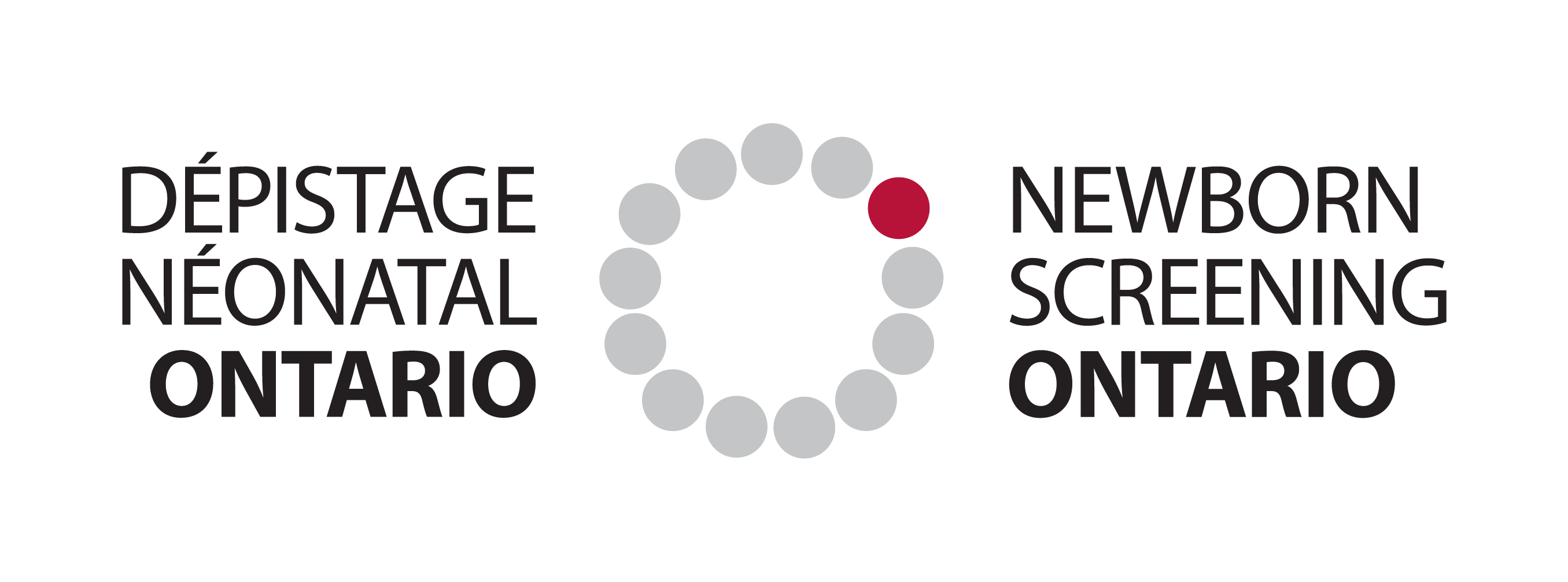INFANT is a research study run by Newborn Screening Ontario and the CHEO Research Institute. The study is looking at a new kind of newborn screening called genomic newborn screening (gNBS). This screening test looks at a baby’s DNA to find rare genetic conditions early in life. Finding these conditions early can help babies get the care and treatment they need sooner. This research will help us learn how to make newborn screening better for all babies in the future. Recruitment for the study will begin in 2026.
How does gNBS compare to the standard newborn screen most babies receive?
In Ontario, our standard newborn screening uses a few drops of blood from a baby’s heel to check for about 30 treatable health conditions. It looks for signs of disease by measuring things like hormones and enzymes in the blood. Almost all babies born in Ontario get this test as part of their regular newborn care.
gNBS uses the same blood sample to screen for many more treatable health conditions by checking a baby’s DNA for changes that could cause disease.
The INFANT study is currently using gNBS to screen for more than 200 conditions. Some of these conditions can be treated early to prevent serious illness. For others, finding out early allows doctors and families to watch for symptoms, make diet changes, or take other steps to keep the baby healthy. gNBS can help babies get the right care sooner and gives families information to support their baby's health.
